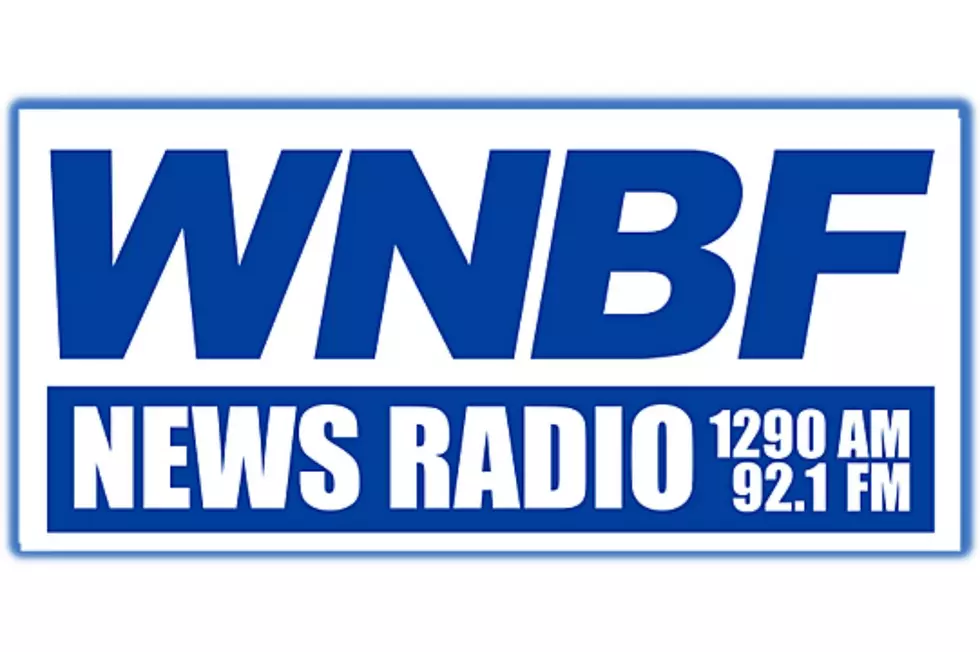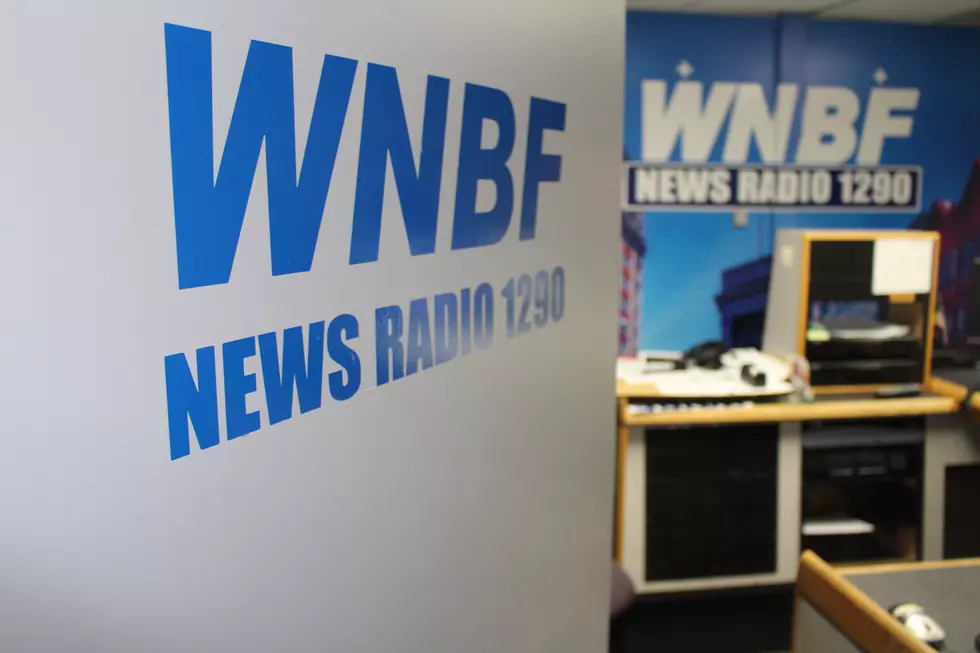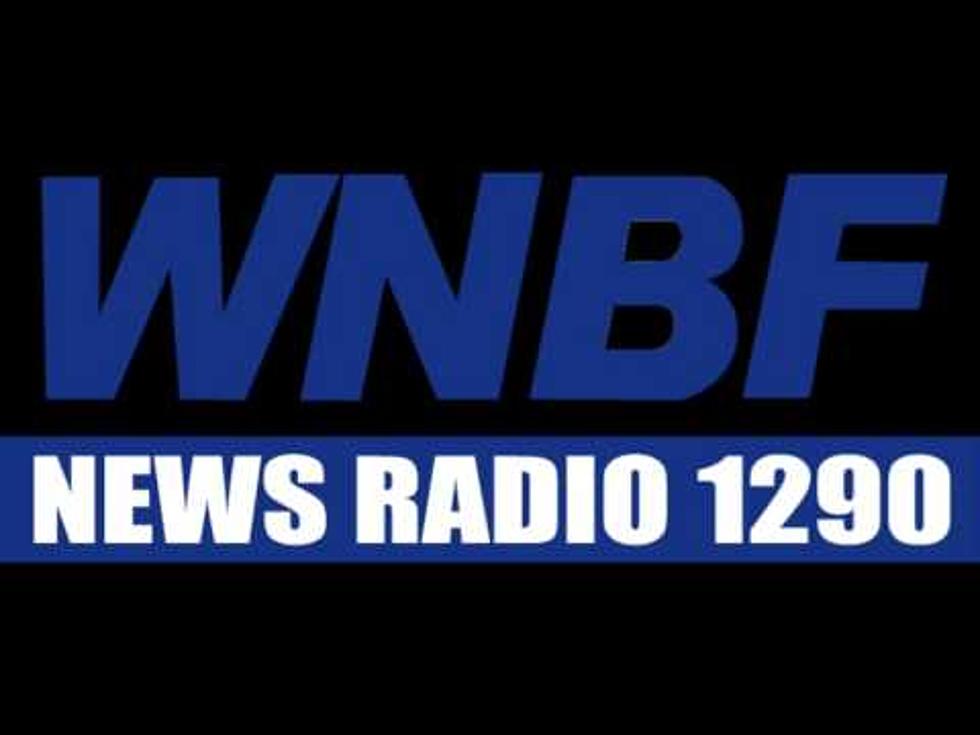
Doug Mosher Adventures in Broadcasting: Part 2
I have been a broadcaster in the Binghamton Market for over three decades so telling my story in one article just wasn’t enough, If you haven’t read part one I encourage you to do so before you read this next article:
After a brief radio introduction hosting a Saturday evening show out of a house on McMaster Street in Owego, I received a phone call from the Program Director at 98.1 WHWK, which was the country station in town.
I set up an interview to meet with him at the studios located in the Security Mutual building in Binghamton.
I remember driving to the interview thinking, "I don’t know if I really want to be on a country music radio station". In retrospect this turned out to be the best career move I ever made.
This was the 1980’s and at that time most FM Radio Stations had an AM radio station both owned and operated by the same company together in the same building, WHWK was owned by Stoner Broadcasting and its AM Radio Station was 1290 WNBF.
I still remember taking the elevator to the fifth floor and when the doors opened, I walked directly into the radio station's offices.
My interview included a walk-through of the studios, I saw the names of some of the biggest radio personalities of radio and television in various mailboxes and equipment, including the man who inspired me to be a broadcaster, Bill Parker.
I accepted the job right there during my interview, and I became the weekend overnight host on 98.1 The Hawk, and as part of my duties, I also aired the Sunday morning programs on WNBF, where I was introduced to the Program Director, Roger Neel.
The next few months I started getting more opportunities to work with the company which included working in the news room with one of the areas best news directors Bernard Fionte, (who I would later call Bernie)
My co-workers at that time also included John Leslie, Bill Parker, Roger Neel, Bob Huckabone, Bill Flynn, Bob Joseph, Dave Freeman, Kerry Donovan, Bob Black and many others.
Bernie taught me how to write news and how to take the best sound bites from press conferences and interviews and included them in a news cast.
This was before CNN and the all-news formats, local news was generally at 6pm, and the newspapers came out early morning and evening, so if a story broke during the day broadcast radio was the first to deliver it.
In the next article I will talk about the men who helped me put my broadcast career in prospective, Bill Parker.
To be continued on Wednesday...
More From WNBF News Radio 1290 AM & 92.1 FM









